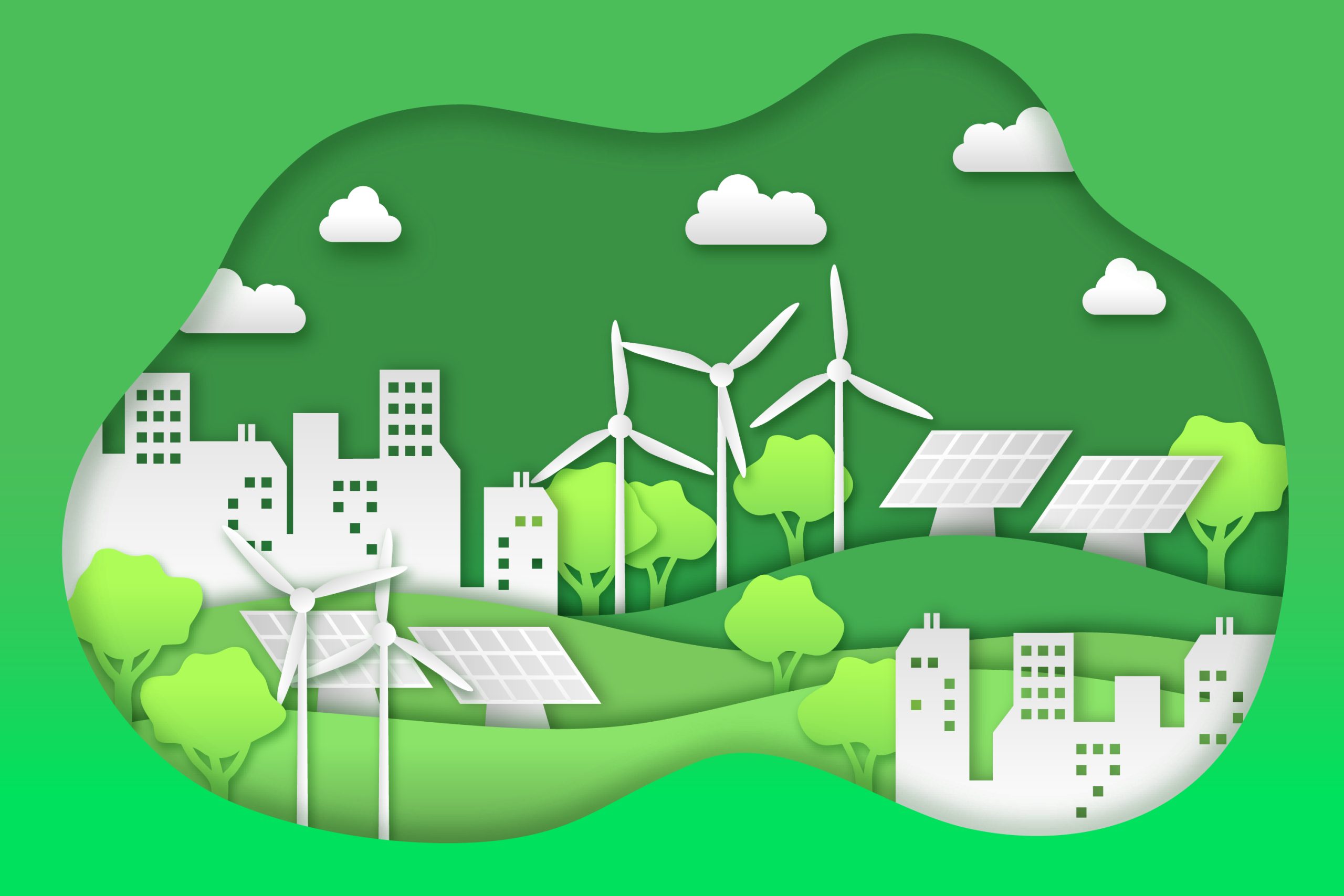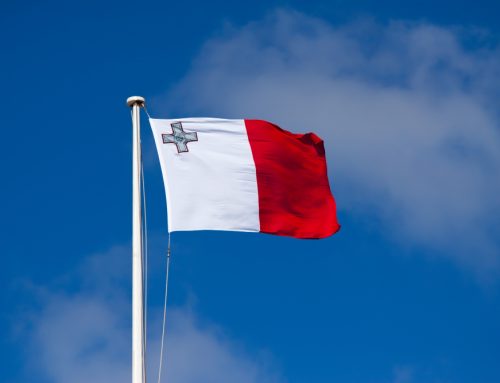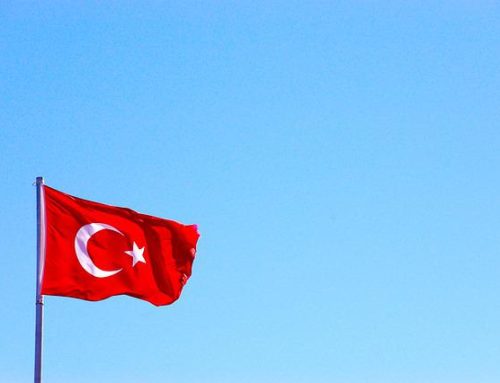Source: Reuters
Legal Notice: The information in this article is intended for information purposes only. It is not intended for professional information purposes specific to a person or an institution. Every institution has different requirements because of its own circumstances even though they bear a resemblance to each other. Consequently, it is your interest to consult on an expert before taking a decision based on information stated in this article and putting into practice. Neither Karen Audit nor related person or institutions are not responsible for any damages or losses that might occur in consequence of the use of the information in this article by private or formal, real or legal person and institutions.
EU’s Energy Portfolio in 2024 is the Greenest Ever, Industry Data Shows
Three-quarters of the European Union’s electricity has been generated by CO2 emissions-free sources so far this year, making it the bloc’s greenest power mix to date, industry data showed on Monday.
Emissions-free sources produced 74% of EU electricity in January-June, of which 50% was from renewable sources like wind and solar, and 24% from nuclear, industry association Eurelectric said.
“The electricity generation of Europe has never had such a low-carbon profile before,” Eurelectric Secretary General Kristian Ruby told Reuters.
Coal produced 9% of EU electricity and gas 13% – the lowest shares for each fossil fuel for the same period in any year to date.
The main driver of Europe’s changing energy mix is the rapid installation of renewable energy capacity. The EU built 56 gigawatts of new solar power capacity in 2023 – the highest in any year to date – and 16GW of new wind capacity.
However, Europe’s electricity demand has also decreased, making it easier for green sources to cover a bigger share of the overall mix. EU power demand was 5.8% lower in the first half of this year than in the same period in 2021.
European energy prices surged to record highs in 2022 after Russia slashed gas supplies to Europe. The resulting energy crisis forced industries and consumers to use less energy to curb their bills – with some industries yet to recover production to pre-crisis levels, depressing their energy consumption.
More renewable energy will help Europe meet its climate targets and reduce reliance on imported fossil fuels. But there are signs countries’ ageing power grids are struggling to cope with the changing energy mix.
Belgian power grid operator Elia (ELI.BR), opens new tab warned last month that a recent jump in Belgium’s solar power capacity will cause periods of surplus cheap energy this summer, making it harder to balance the grid.
Ruby urged policymakers to invest in upgrading power grids to cope with bigger shares of renewable capacity, including by adding storage capacity to absorb cheap excess power so it doesn’t go to waste.






